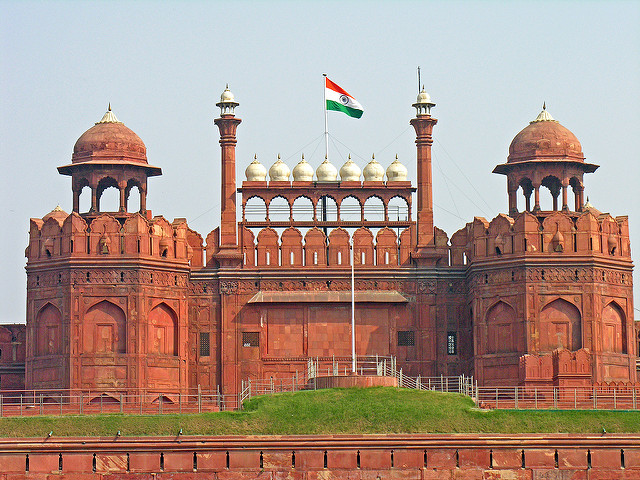When looking at global growth expectations for the near future, we continue to see a confirmation of the increasing weight of emerging markets (EMs) in the global economy and further divergences in the growth path between them and developed markets (DMs).
According to Matteo Germano, Global Head of Multi-Asset Investments at Pioneer Investments, all in all, EMs appear to be in a more resilient position, but they are still exposed to major risks, with a slowdown in China being the most significant. While China continues to play the most relevant role in the emerging space, other countries, such as India, continue to increase their relevance.
India’s economy experienced outstanding economic performance in Q1 2016, when GDP grew by 7.9% YoY, the most in two years. Going forward, Pioneer expects continued positive momentum in economic activity but much more moderate than in Q1 2016. For calendar year 2016, we expect GDP will grow a bit more than in 2015, at around 7.5% YoY on average.
“India is a relatively protected economy with respect to the damage that could come from a further slowing in global trade induced by the Brexit vote. Gross Exports as size of GDP at around 20% are on the lower side of the range for Asia Pacific countries.” Says Germano
The recently announced departure of Central Bank Governor Raguram Rajan is raising some uncertainty with respect to the way the new Governor will conduct monetary policy, starting from a revision of the inflation target, viewed by many as too low for a country such as India.
At the political level, preparation for next year’s elections is gaining momentum; recently, Prime Minister Modi decided to reshuffle his Cabinet after a careful screening process based on merits. The aim is to push ahead his program, changing ministers in favor of a more reform-oriented group of people, with an eye on the next electoral contest at the state level.
For the Pioneer expert, Post-Brexit vote, the focus has shifted towards the potential spillover of a slowdown in Eurozone and UK growth to other EMs. Obviously, the close economic, social and political linkages of Emerging Europe to the Eurozone and UK, the CEE4 countries (Czech Republic, Hungary, Poland and Romania) are expected to be the most impacted within EMs.
“From an investment perspective, we believe that the attractiveness of EM assets is increasing. EM bonds, having proven to be quite resilient during the recent stress phase, offer additional yield versus the compressed returns in developed markets.” He says.
Germano believes the dovish monetary policy stance prevailing in advanced economies could be supportive for EM currencies. “In EM bonds, selection will be key, as different economies are at different stages of their development process and face different challenges. EM equities also proved to be resilient in this market phase, outperforming the global equity market year-to-date. Within EM equities, we maintain our positive view regarding India’s and China’s “new economy” sectors, which could benefit from the move towards a more service-driven economy.” He concludes.

